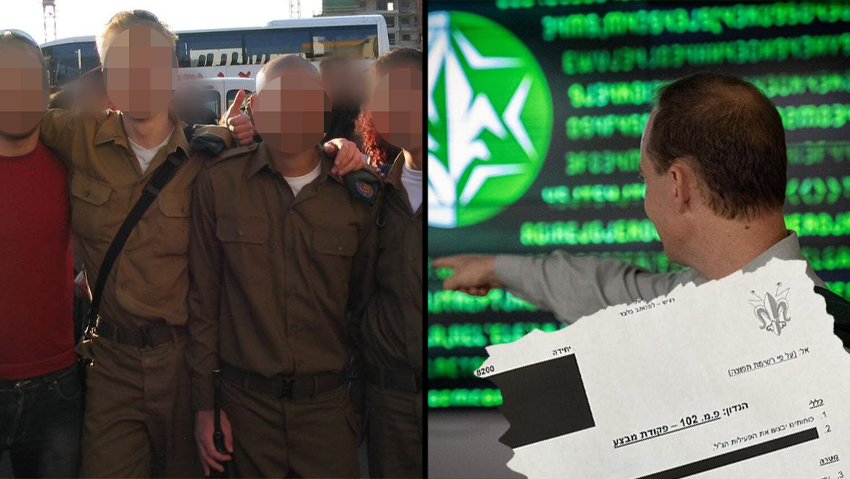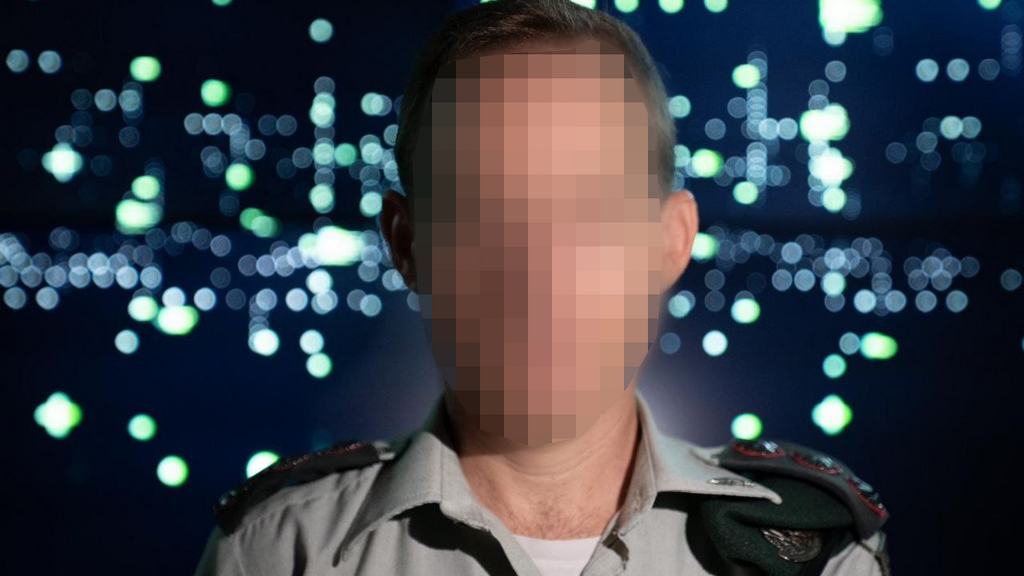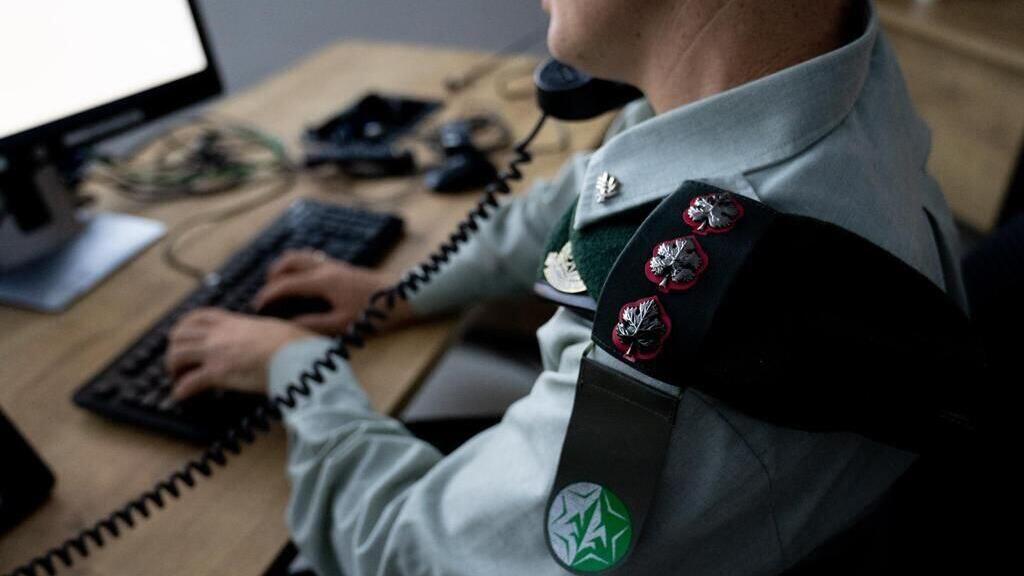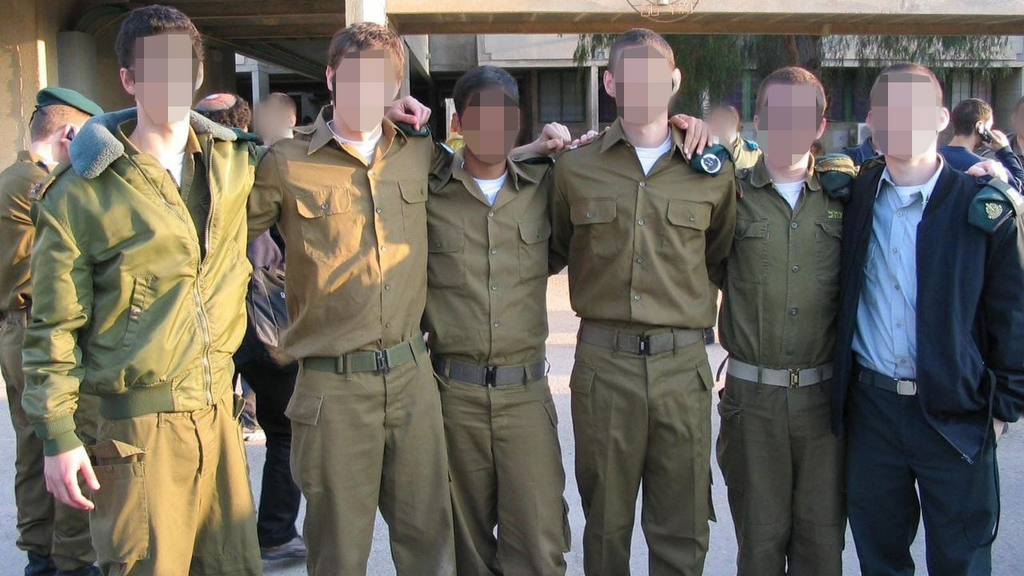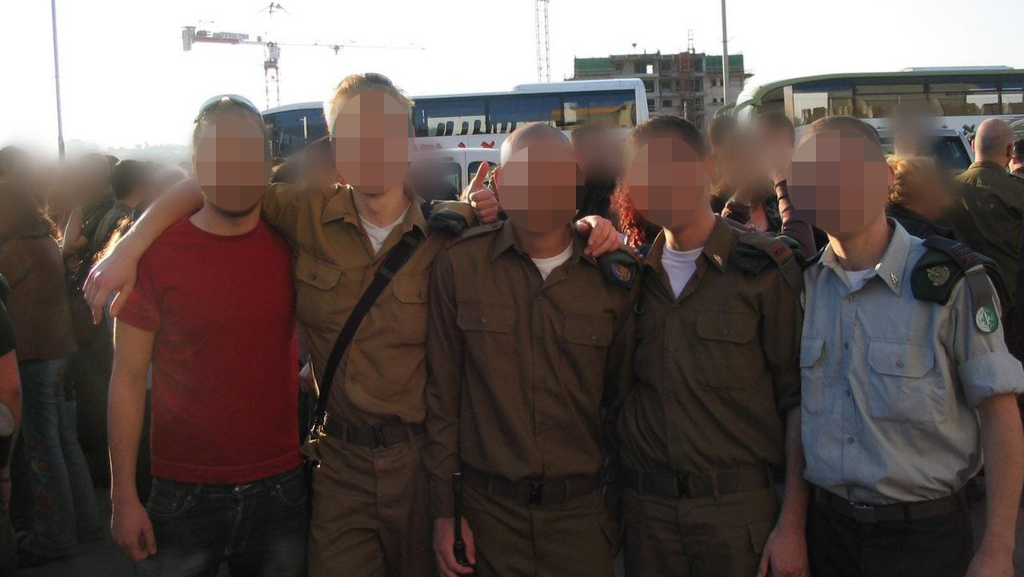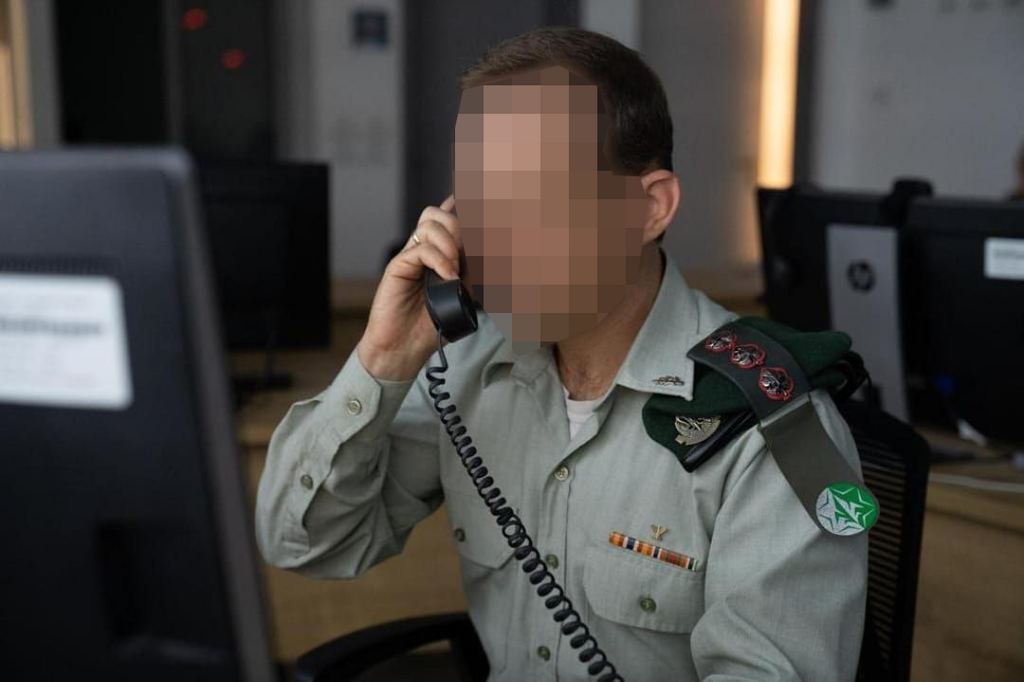Getting your Trinity Audio player ready...
Second Lieutenant B. was a young officer in the IDF’s Military Intelligence Directorate during the 1990s, and was the person who planned and executed the army first ever cyberattack.
The mid-early 90s were tense for Israel: the IDF was still mired in the mud of occupying south Lebanon, whispers of an Iranian nuclear program were getting louder, and suicide terror attacks began to pave the way for the Second Intifada.
Second Lieutenant B., meanwhile, was part of a small task team in charge of drawing up a plan that would be the first of its kind in the IDF - secretly infiltrating a stronghold of one of Israel's enemies and gaining access to a substantial intelligence source.
This operation allowed Israel to get its hands on information that would remain useful years later, without sending a single soldier to risk his or her life, and all while remaining under the radar.
Instead of waiting for a bug in the enemy's cyber system and "breaking in" during the short time window, the tactic the IDF had adopted prior, Lieutenant B. and his team wanted to enter through a blind spot, take what they needed and exit before they could be noticed.
The target they were after at the time was one of five most wanted for the Intelligence Directorate.
One of the ways IDF's intelligence units ensures its soldiers learn such overwhelming skills is by testing out their abilities to think outside of the box at their service's infancy. The young brains of these new trainees yields unique and fresh ideas, especially when combined with the motivation and drive of these 18-year-olds.
However, no one expected Lieutenant B.'s far-fetched idea to one day get him Israel Defense Prize for "developing a system that has a creative technological solution to an operational problem of great importance."
The same enemy that was targeted, which is still classified, was in the midst of building an advanced missile arsenal, and developing an innovative cyber system that it was planning to use for military purposes.
Already as a young trainee, B. was plotting a largescale intel mission that none of the high officers were exposed to. "Nothing good ever comes out of closing a bunch of colonels and lieutenant colonels in a room and telling them to solve a problem," he said. "All the good ideas, even in years past, came from lower ranks."
The new system the enemy was developing made B. understand that innovative tactics had to be brought up in order to collect data - and immediately started brainstorming technological models.
For two whole years, B. and a few of his comrades recreated the system the enemy had at hand at the time, running endless tests to make sure what they had developed was accurate. The biggest concern was that they would get caught by the enemy, and someone on the other side of the screen would "turn off the lights forever," and seal the data with a break-proof security system.
"In retrospect, the fact that we advanced in the field of offensive cyber during preparations for this mission, put us in a very strong position when facing our enemy years later," B. said.
As the years went by, B.'s small team of masterminds grew and became a group of 15 young geniuses, who were following the enemy's activities and trying to pick on its tendencies and patterns. They searched for any point of weakness, a breach in the system.
Meanwhile, more pessimistic elements in the unit were expressing doubts, and offering to go back to the traditional way of collecting information, at least for the time being.
The success of the mission was reliant on what seemed like factors that were hanging by a thread: for how long the enemy would would keep its computer turned on, whether there was a bug in the software, if the enemy's combatants would suddenly pick up on something suspicious.
During one of the later stages of the mission, a high-ranking official instructed B. to write a letter in which he would asses and delineate the chances of success of the operation at that stage. B. thought this request was unreasonable, and rudely replied with an estimation of a 73%, and provided technical arguments that were seen as out of touch with reality.
However, he was determined to see this through, and things eventually began to come together. B. already had a mental image of what the enemy's secret operations room looked like, knew the working hours of the intel soldiers, and became familiar with the slang they used and how they looked. He even picked up on the language and dialect they were speaking.
B. knew exactly how the monitored individual at the screen in the enemy's operation room would act in the seconds the IDF would infiltrate.
The IDF then decided to give the official green light for the operation, since it became clear that this was the only way for the IDF to get its hands on the intel they were seeking. All that was left to do was chose the right timing.
The trust B.'s commanders had in him, made them give up periodical assessments and reviews throughout the planning and research phases, conduct that is unheard of at the Intelligence Directorate. However, for the sake of the operation, B. was given overwhelming autonomy in overseeing it.
B., from early stages of planning, promised that even if the enemy would pick up on the offensive actions, it would not be able to trace it back to the IDF or to Israel.
The team who carried out the mission, on the eve of one of the Jewish holidays, was made up of merely five soldiers and officers. While this attack was not characterized by the fundamental assets of brutal battles, the pressure was extremely high.
"I've been a part of a lot of cyber operations since, and I must admit - in most of them there is no tension in the air because we do so many test runs and preparations that the moment of truth becomes just be another step in the operation," B. sais. "But in those moments there was really a lot of tension."
The biggest fear at this stage still remained that the enemy would identify the infiltration, and turn off the computer due to the suspicions, or even worse - respond to the infiltration and initiate a counter attack.
Luckily, the discretion tactics worked. The small team entered the target's system and were vehemently ticking away on their keyboard. The operation only lasted a few minutes, since the team was in a hurry to withdrawal as quickly and quietly as possible.
Since then, the tech gateway that B. and his team created has grown to be more advanced, and paved the way for other IDF cyber operations.
"In recent years, we have been waging real battles against our enemies in cyberspace, and they too, sometimes carry out manipulations that make me think something is one way when it is actually another."


